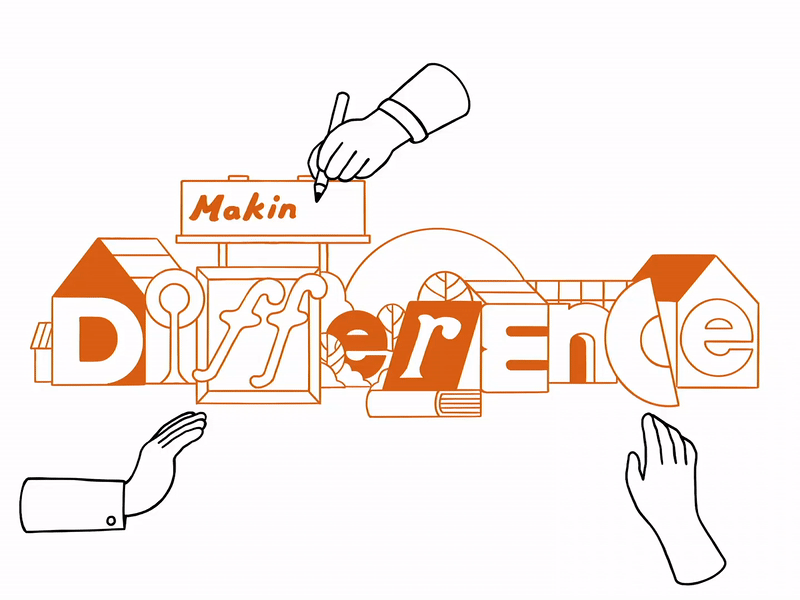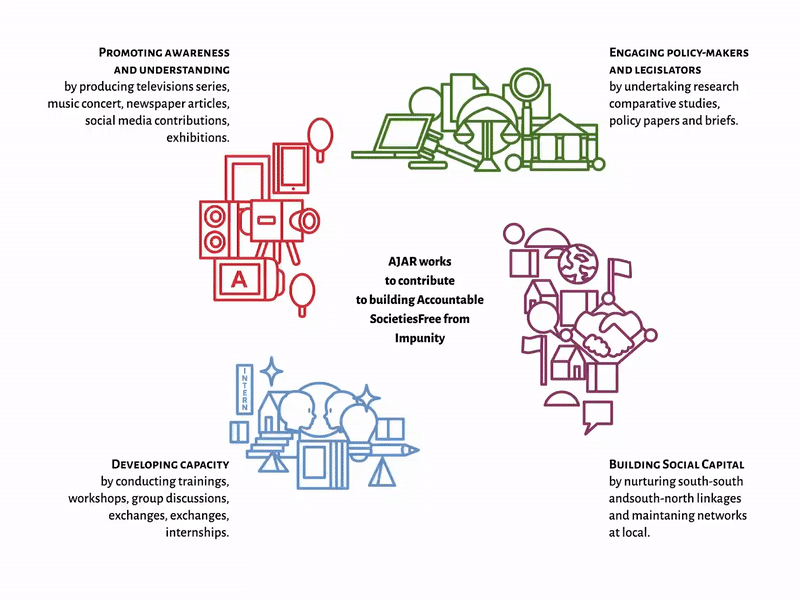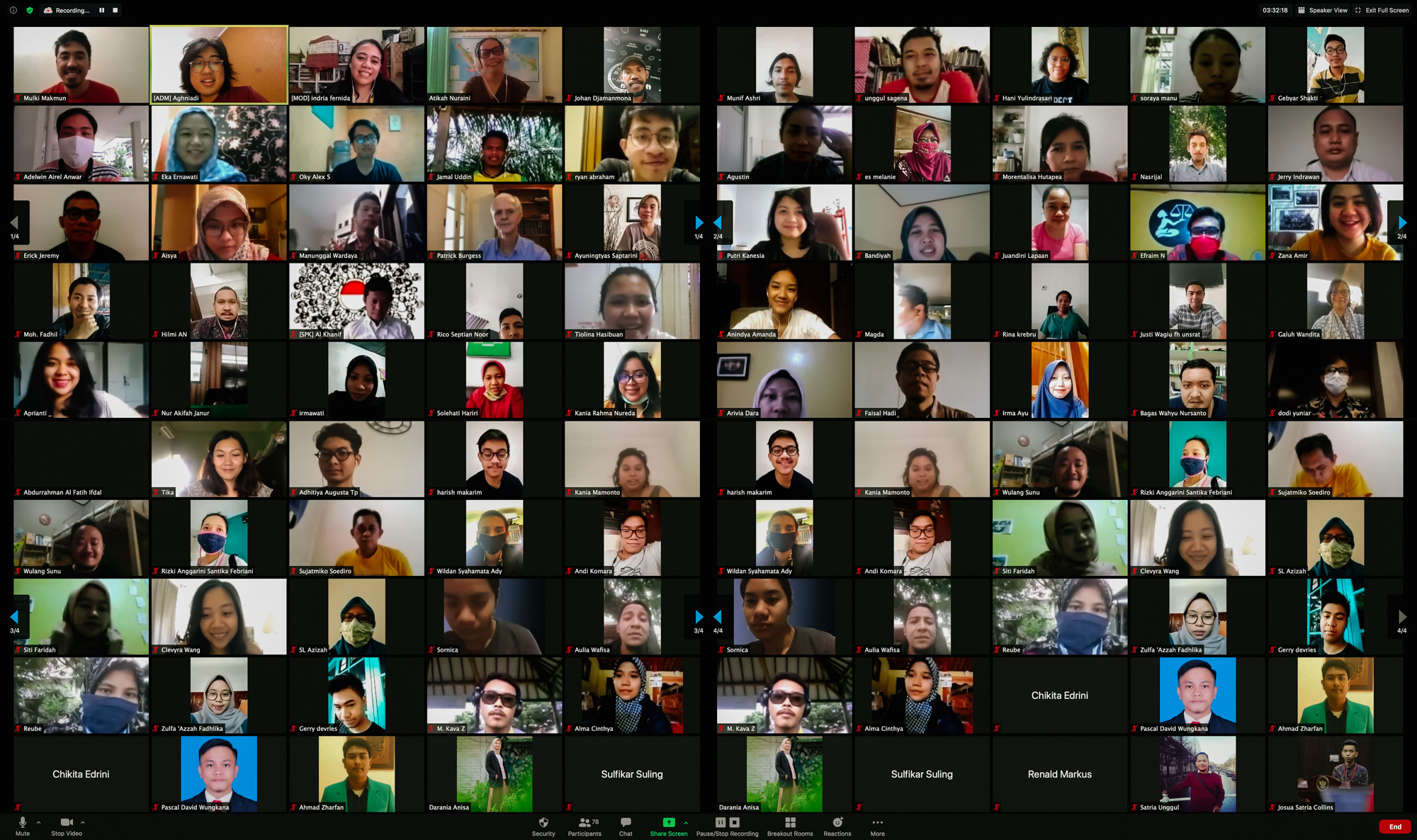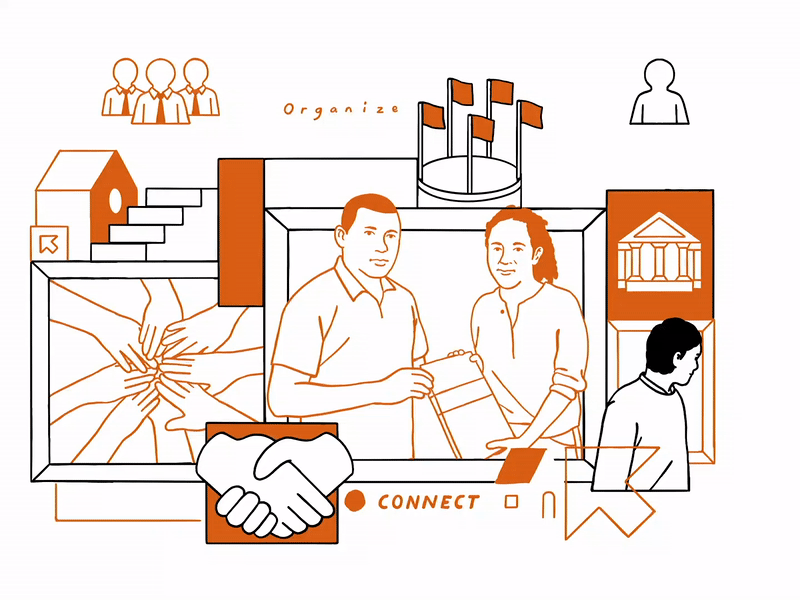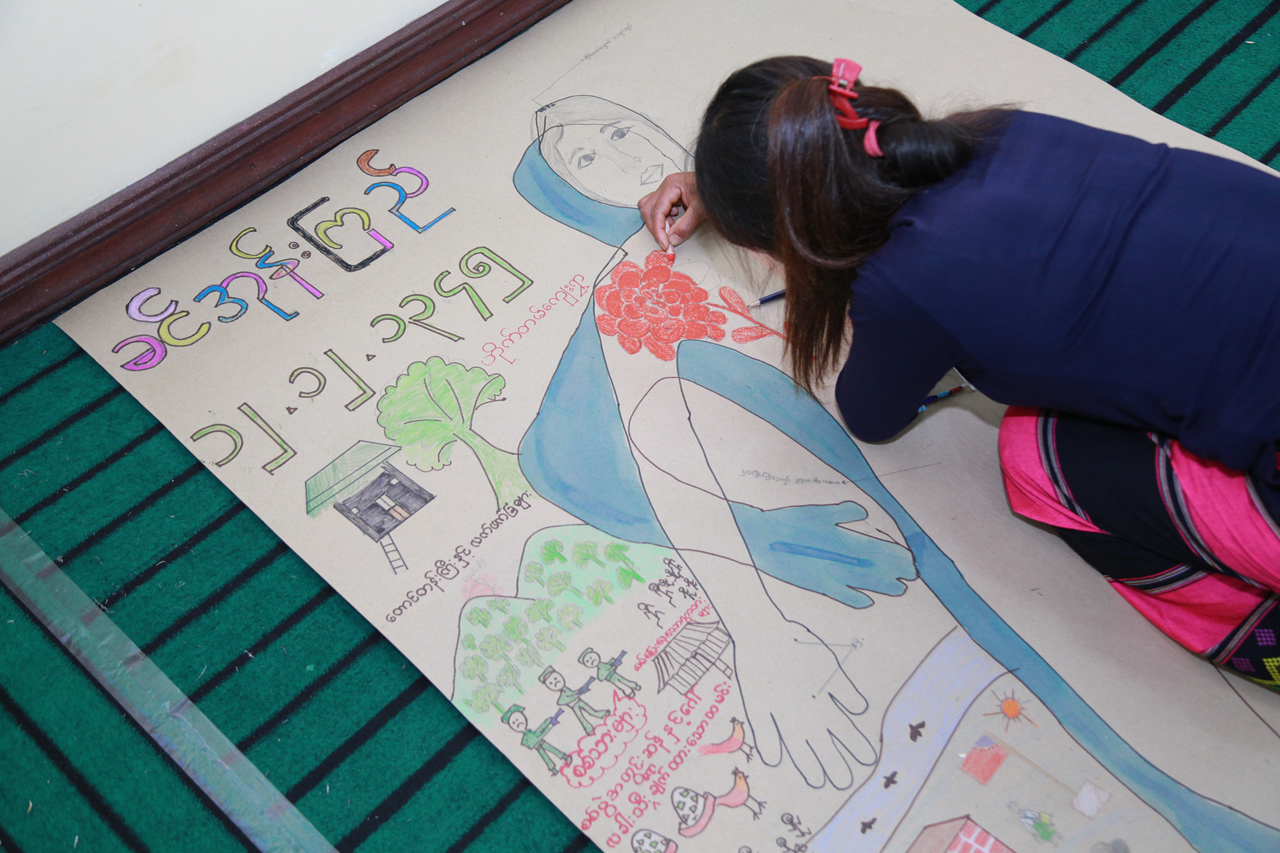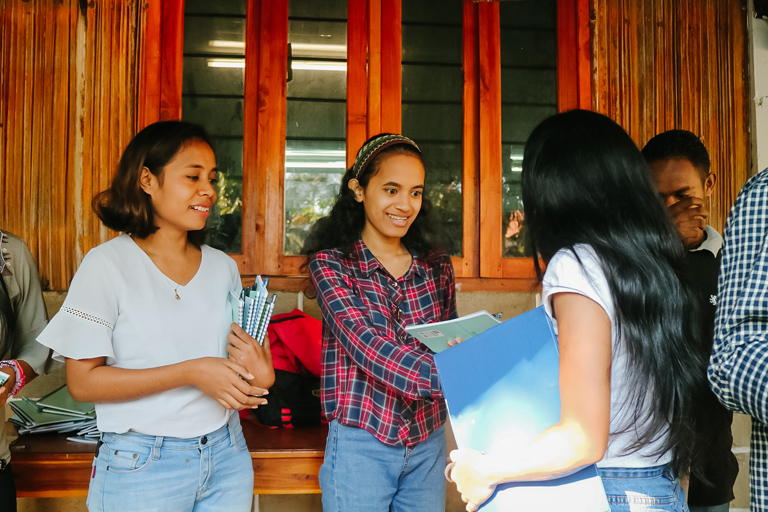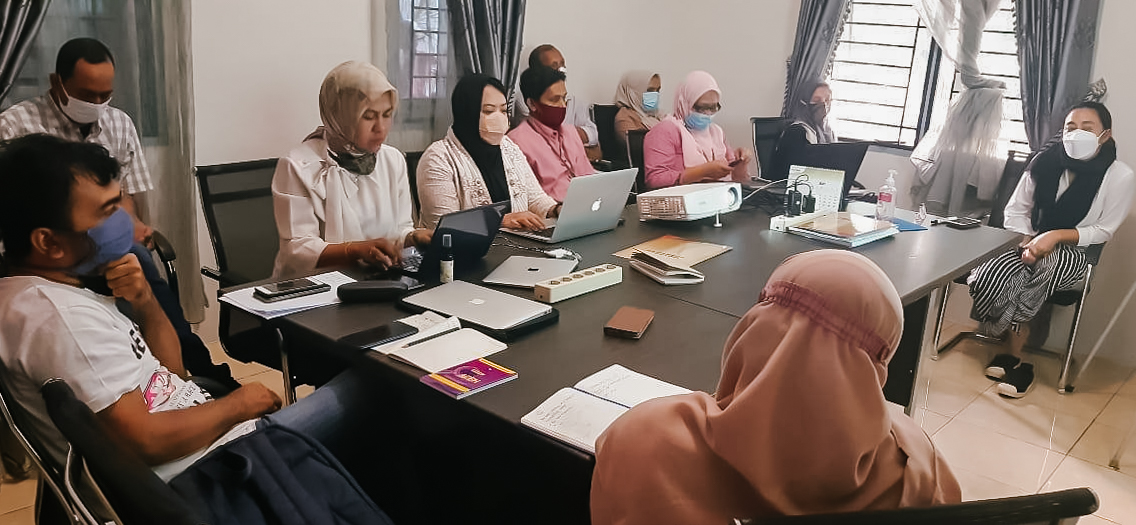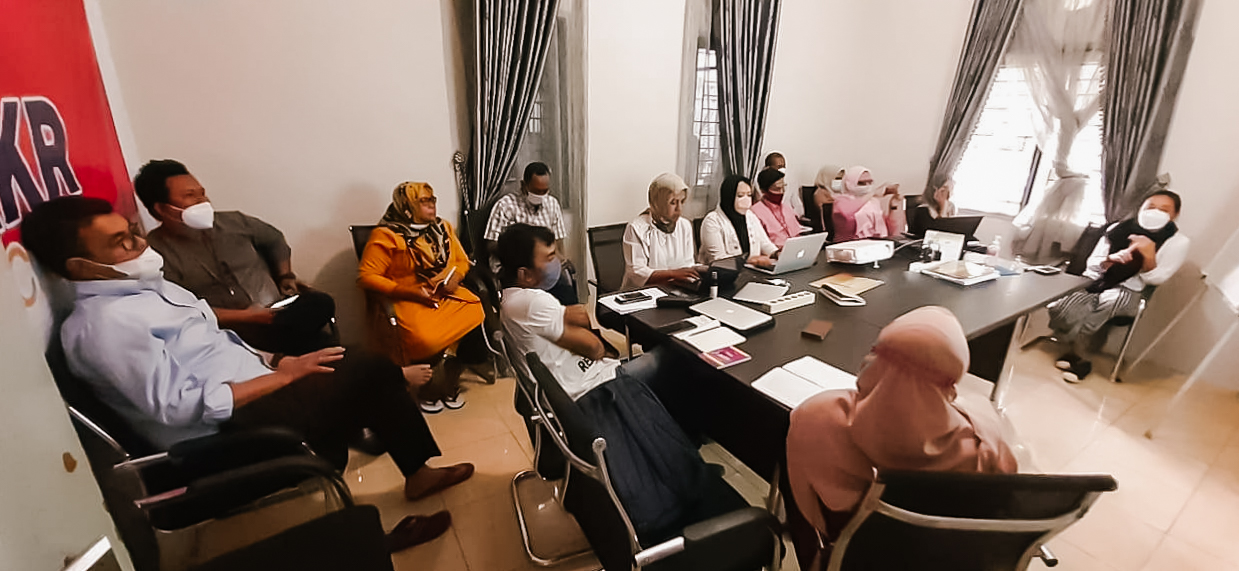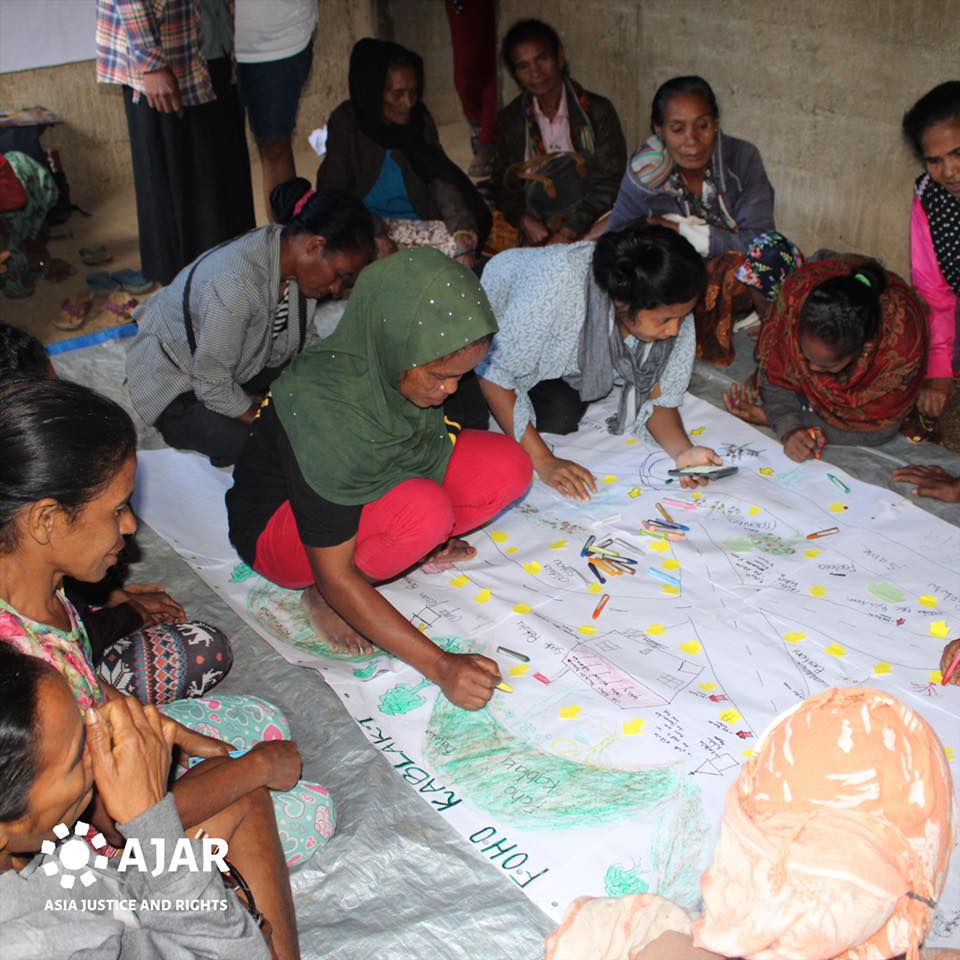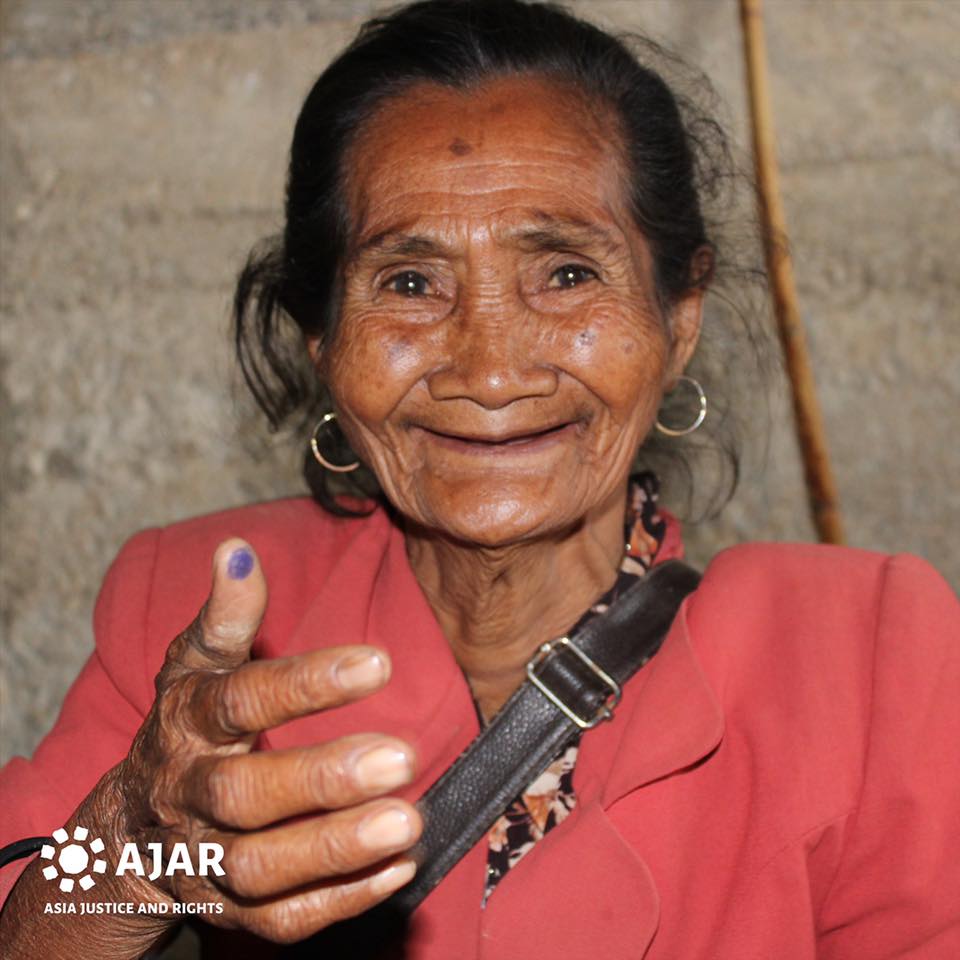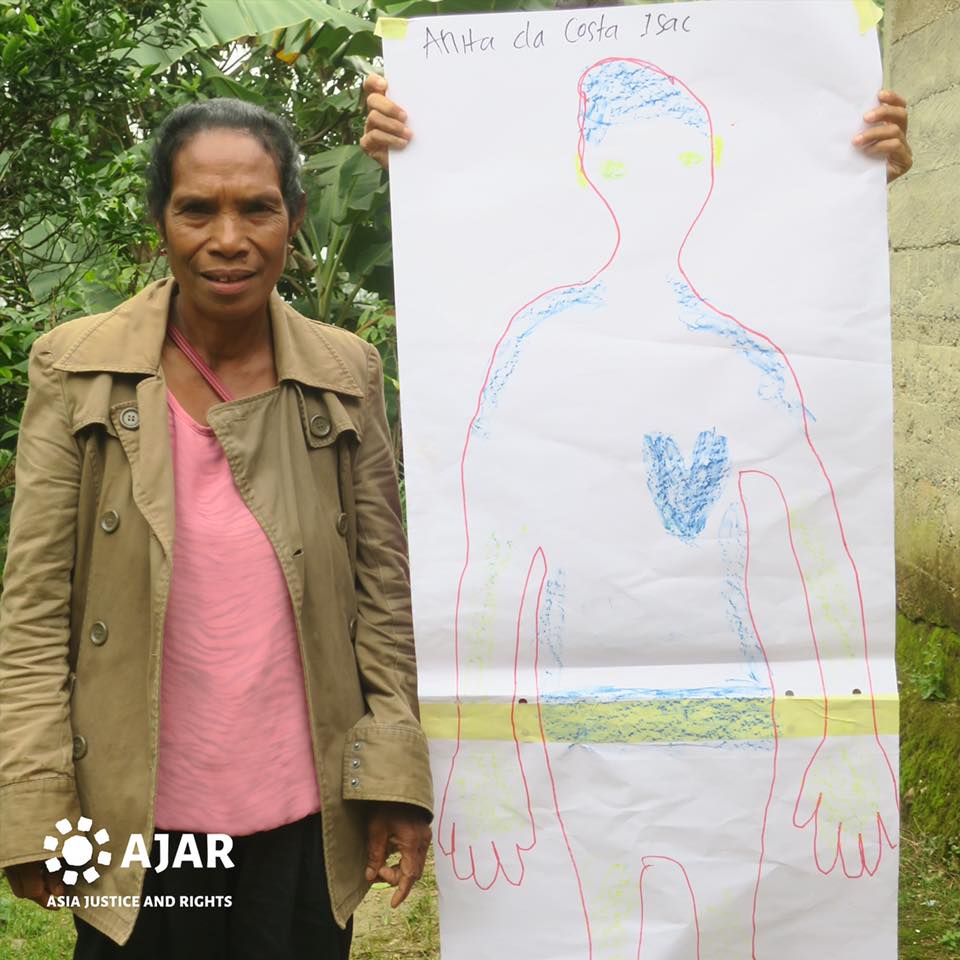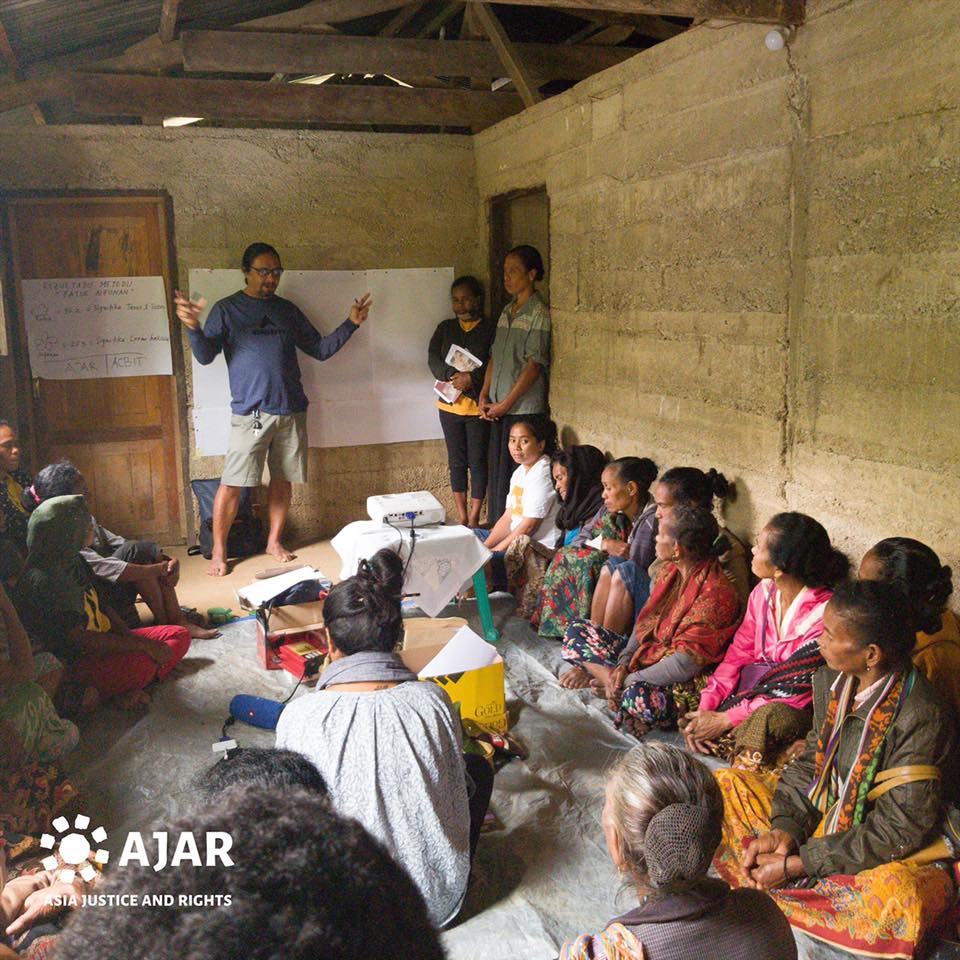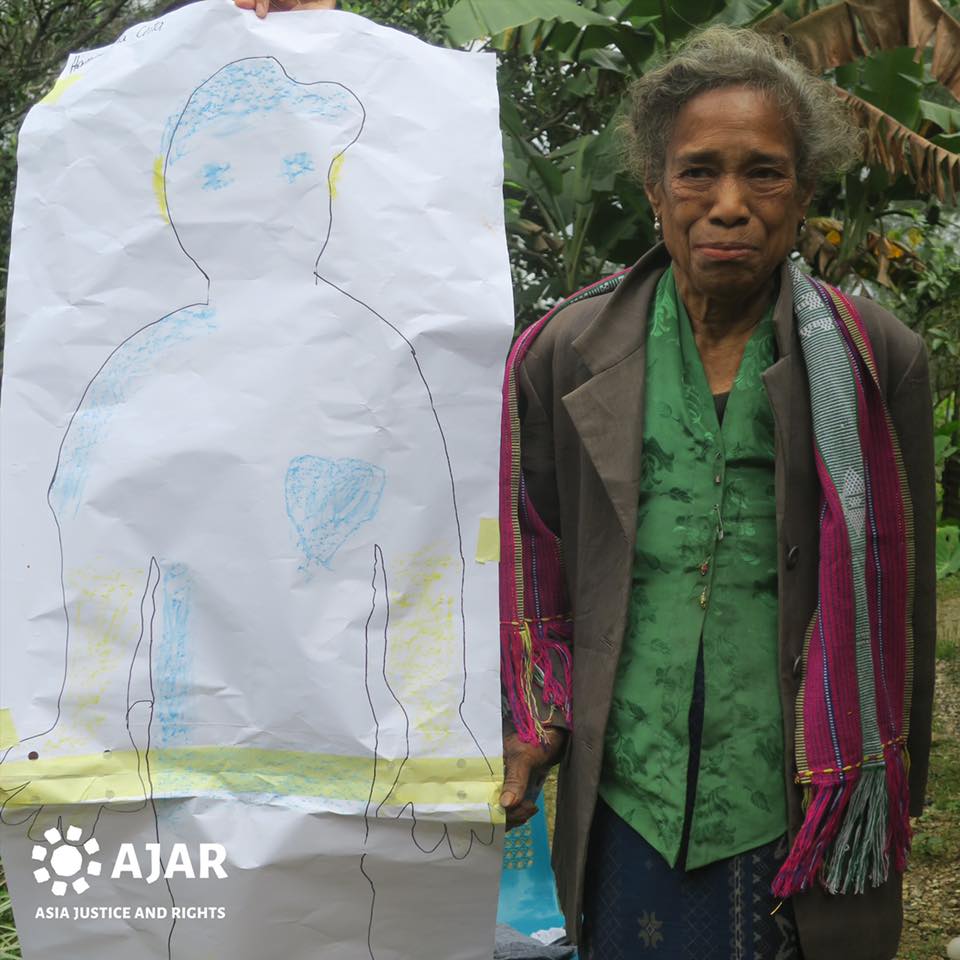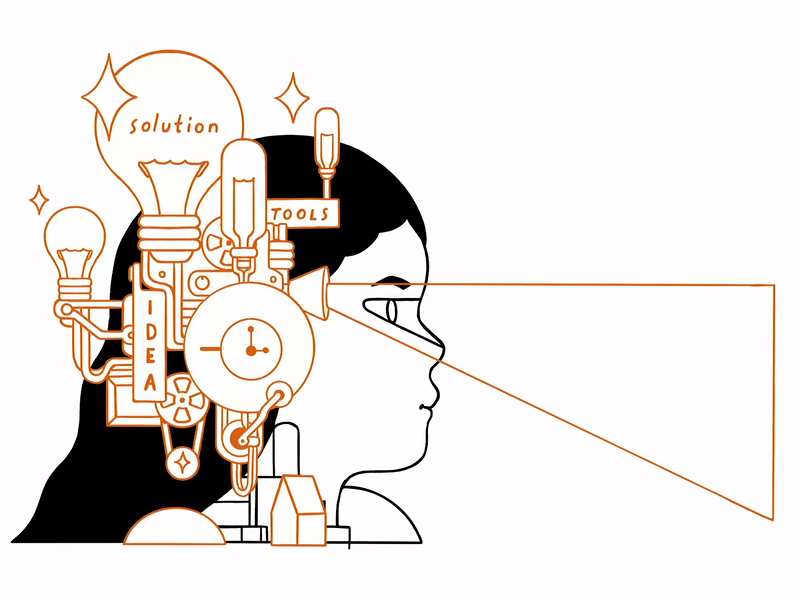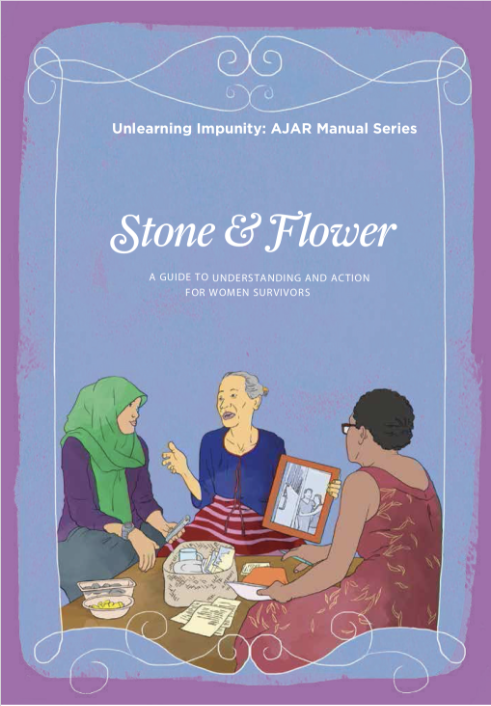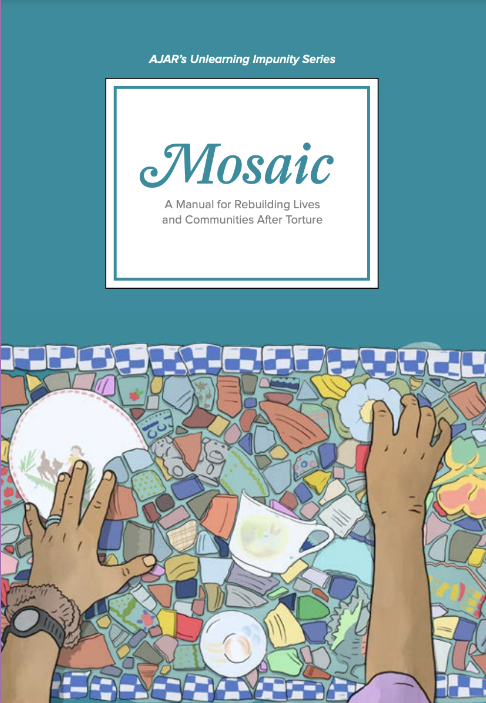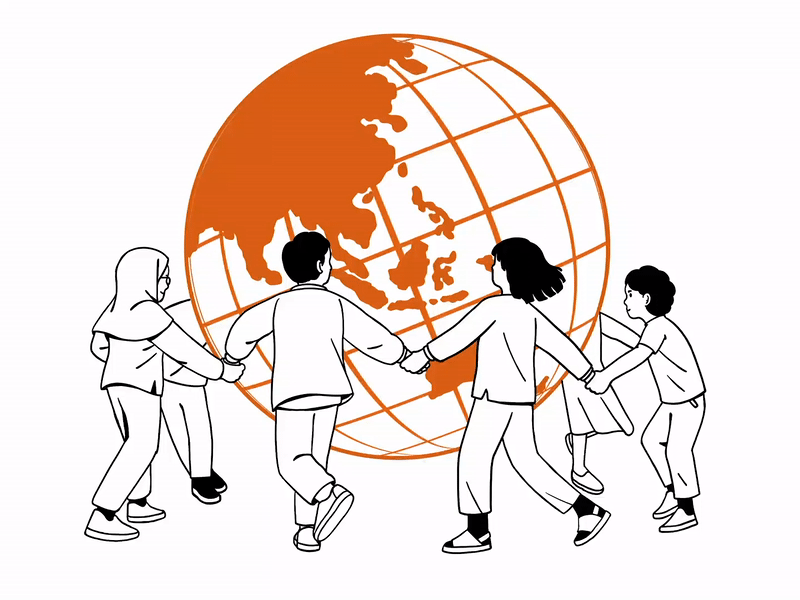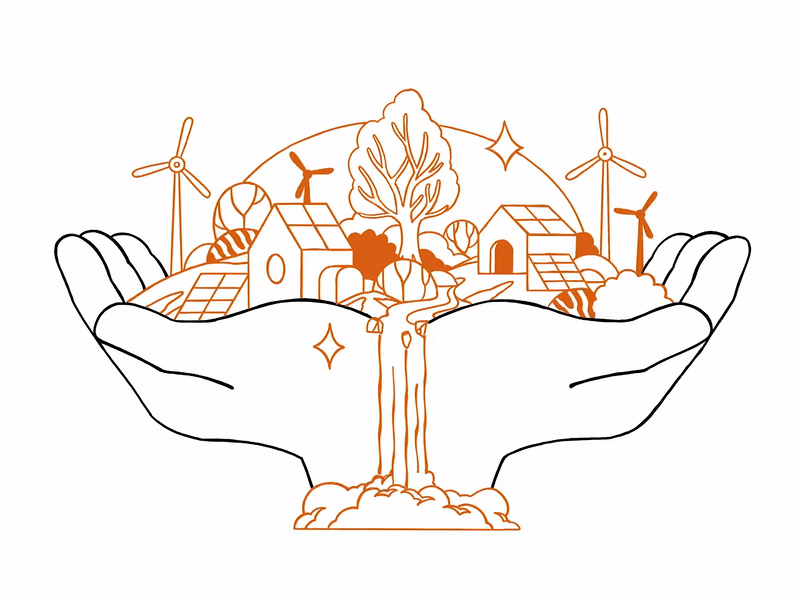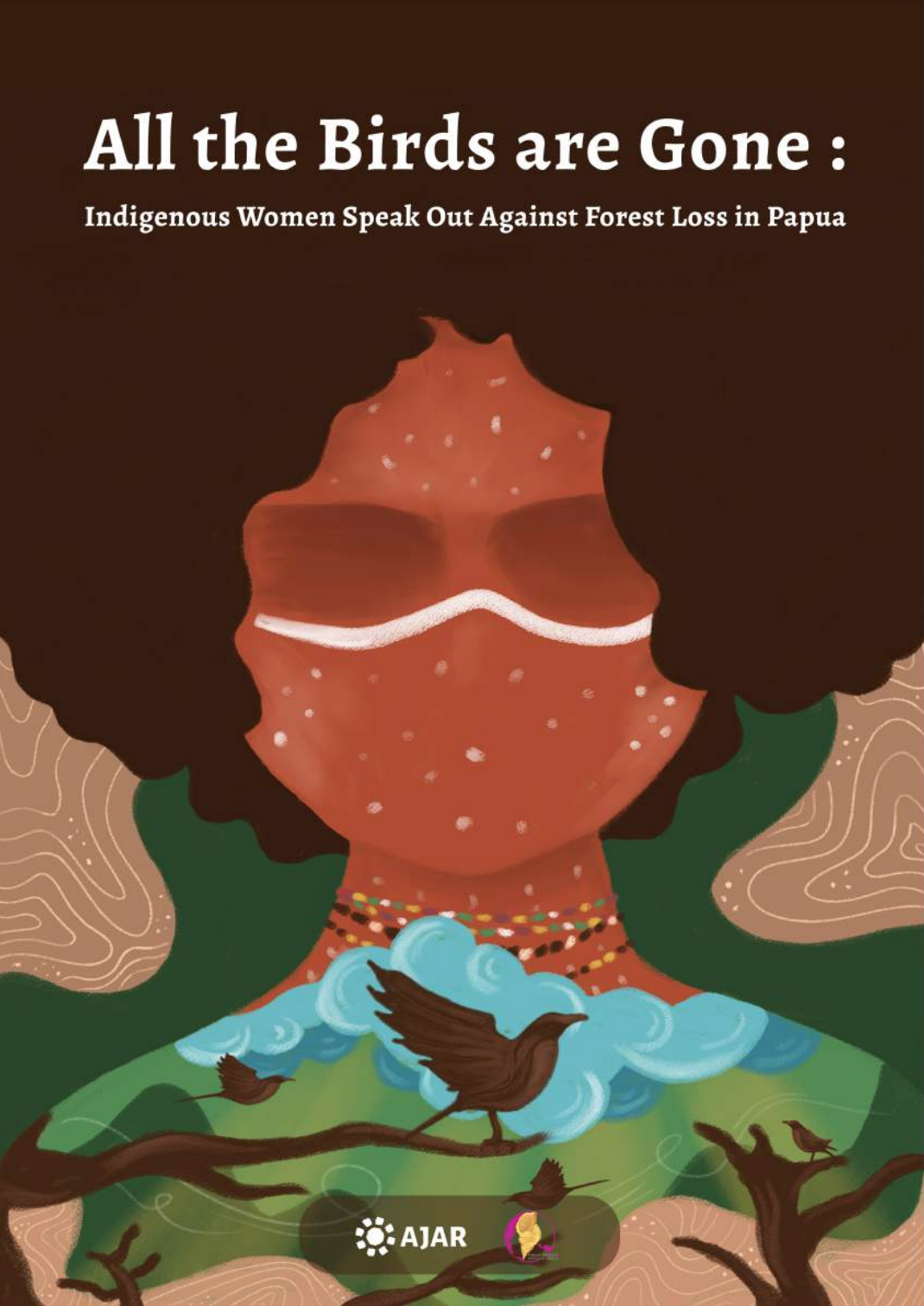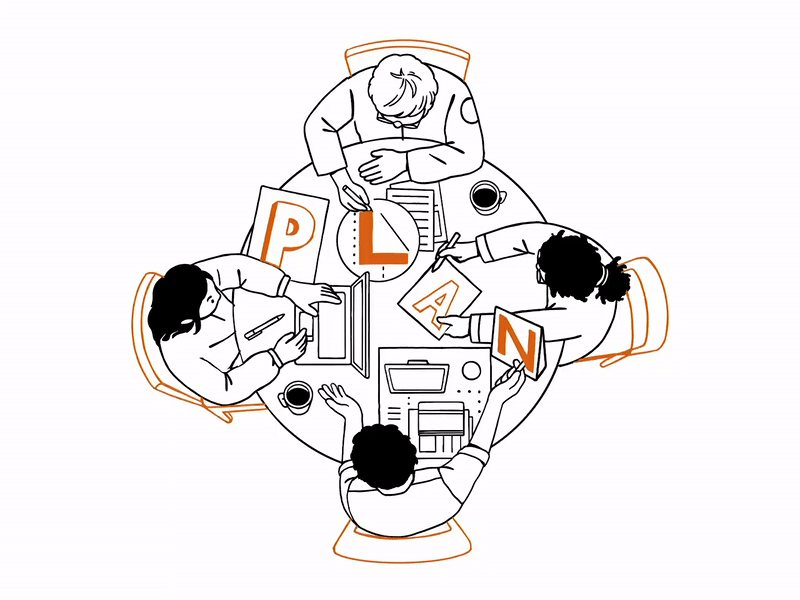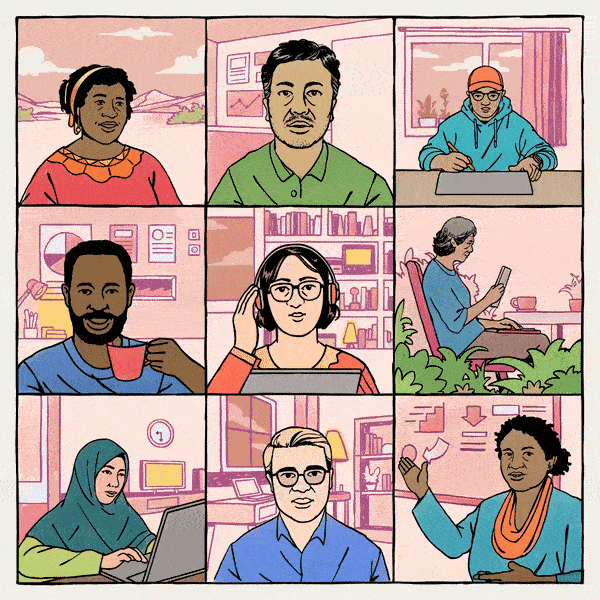 The year 2020 has been a time of looking inward. Many of us spent more time alone than ever, providing a painful reminder that we do better living, working, and playing together. We were separated from loved ones, work colleagues, and routines. Governments focused on domestic concerns like closing borders, while trying to save lives and keep economies afloat. While attention was focused elsewhere, corrupt and cruel governments in Asia and the Pacific took the opportunity to steal resources, and lock up those who dared question and criticize, rolling back human rights protections that took decades to put in place.
The year 2020 has been a time of looking inward. Many of us spent more time alone than ever, providing a painful reminder that we do better living, working, and playing together. We were separated from loved ones, work colleagues, and routines. Governments focused on domestic concerns like closing borders, while trying to save lives and keep economies afloat. While attention was focused elsewhere, corrupt and cruel governments in Asia and the Pacific took the opportunity to steal resources, and lock up those who dared question and criticize, rolling back human rights protections that took decades to put in place.
The worst situations often provide opportunities for the best human qualities to shine. Across the globe, millions of health workers risked their lives to help strangers survive. Human rights defenders and victims of violations continued to speak truth to power, expose mass violations, and empower the vulnerable to speak out.
Our teams found innovative ways to work, as the word ‘zoom’ found new meaning. Although we could not meet in person, demands for our trainings and education programs increased dramatically.
Our usual five-day courses, designed for 50 participants or so, were met with hundreds of applicants. It seems that in darkness and isolation, people are hungry for knowledge, and knowledge is power. As situations in countries across the region deteriorated, and the international community looked elsewhere, people searched for lessons on more effective ways to defend human rights. Sadly, donor support for courageous local organizations diminished, and AJAR worked hard to help them survive.
Patterns emerged as the pandemic took hold. Parliaments approved huge budgets for pandemic responses, with only loose accountability arrangements in place. Emergency powers were quickly passed, suspending protections for human rights and, in some countries, generals, responsible for past mass atrocities were recalled and appointed to lead pandemic responses, leading to increased militarization. Human rights defenders and journalists who monitored and criticized government actions were arrested and detained, often using new laws regulating electronic media. There were many examples of police using COVID protection powers to target those fighting for justice and environmental protection.
Following the US example of challenging election results, the Burmese generals declared their own free and fair elections fraudulent. As I write, the same generals being investigated by the International Criminal Court for the rape, torture, and mass killings of the Rohingya have taken control of the country. Our friends and colleagues are threatened, arrested, tortured, and killed for peacefully demanding that election results be respected. They are claiming their rights to freedom, safety, and democracy, and are being killed for voicing those demands.
The events of the past year, and the ongoing catastrophe in Myanmar, confirm AJAR’s mission and give us new energy. It is clearer than ever that accountability is the foundation for a free society, and when impunity reigns and truth is manipulated, there are massive costs over the long-term. Despite lockdowns and travel bans, AJAR teams in Indonesia, Timor-Leste, and Bangladesh, with partners in Myanmar, continue to work with local communities to support vulnerable victims, and programs across the region have kept us busier than ever.
The past year has forced us to work in new, smarter, and more impactful ways. We are honored to work alongside brave human rights defenders who refuse to stand down in the face of injustice, even at the barrel of a gun. They remain our foundation, their courage and humility our constant inspiration.
Patrick Burgess
President
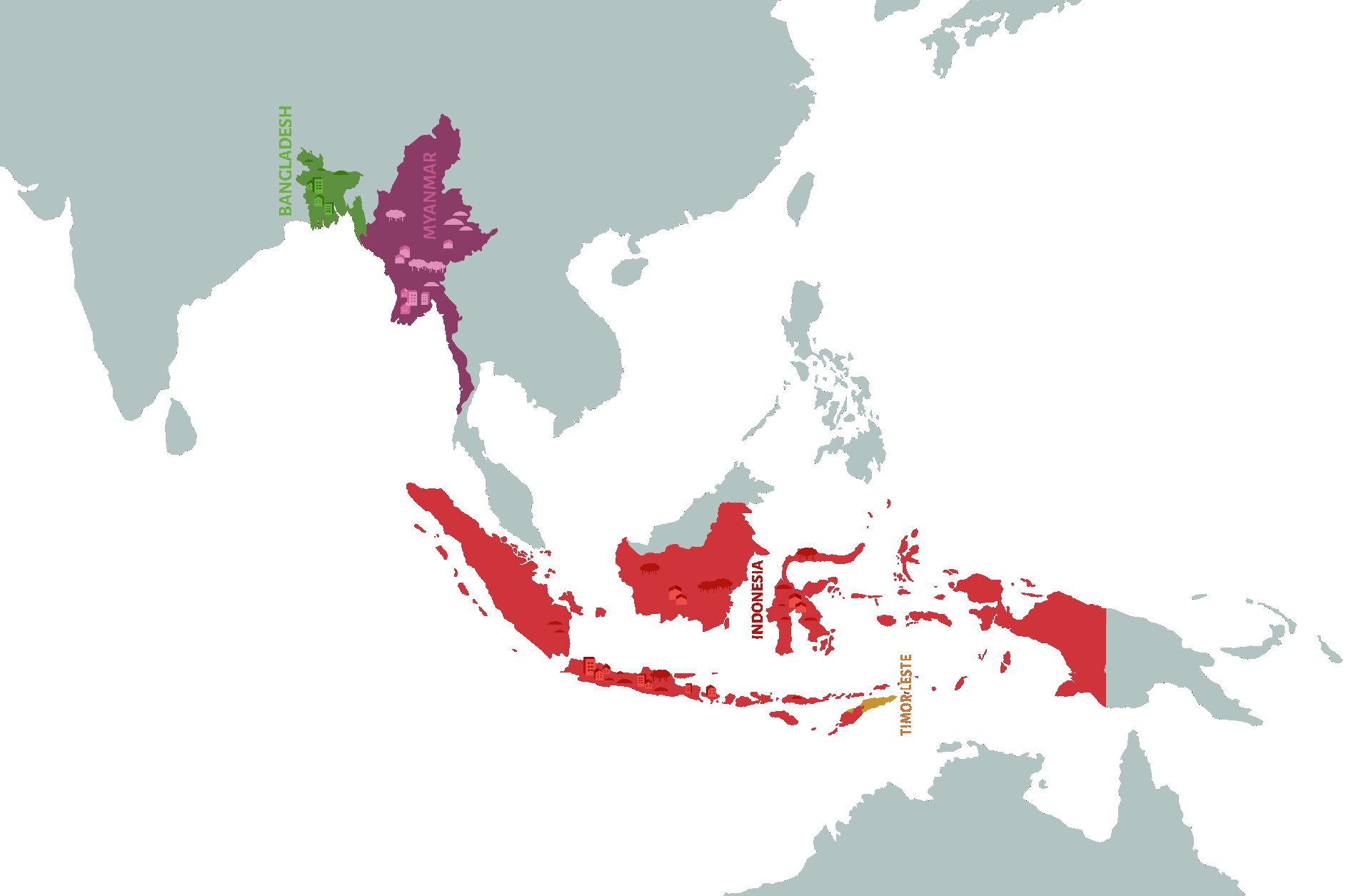




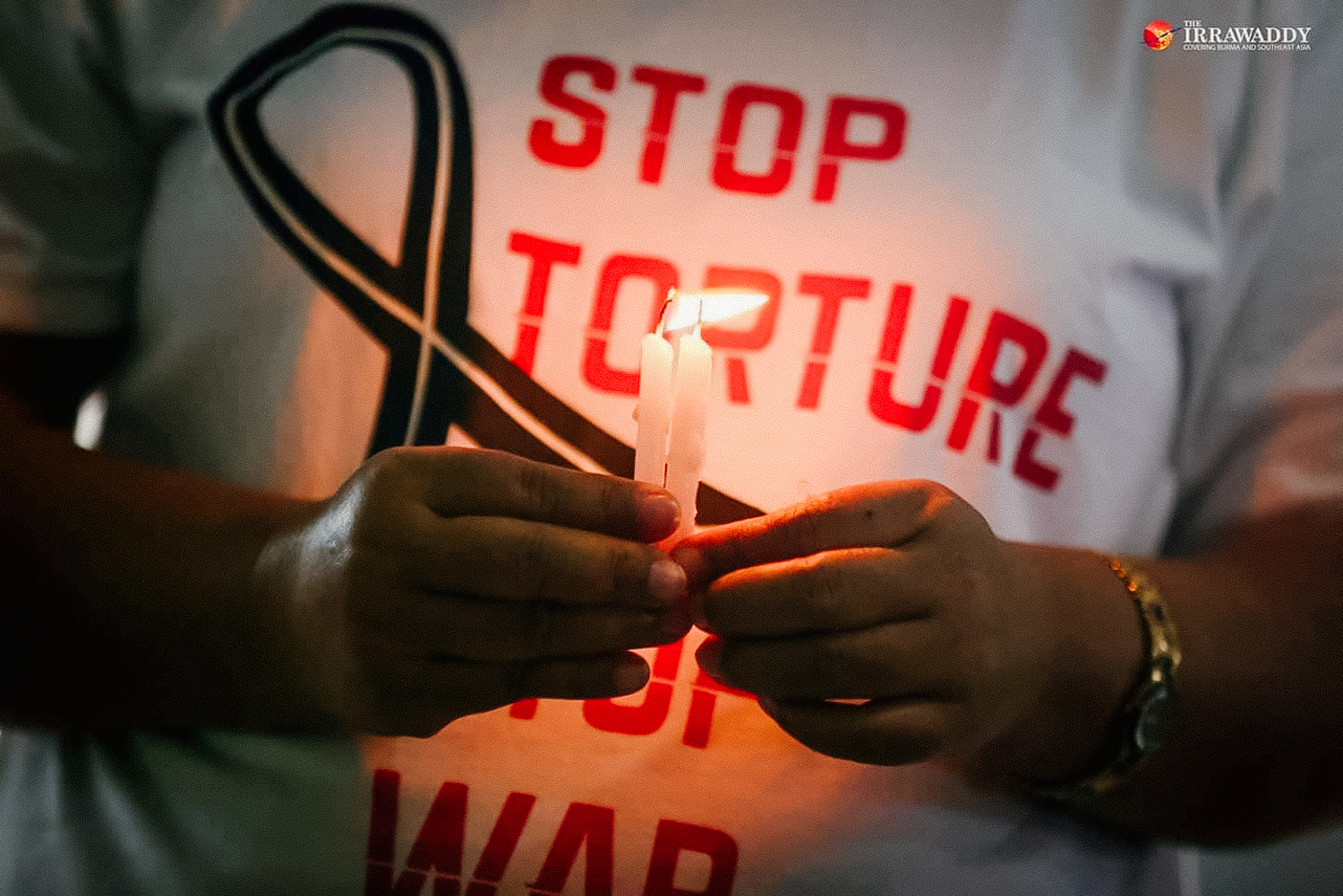
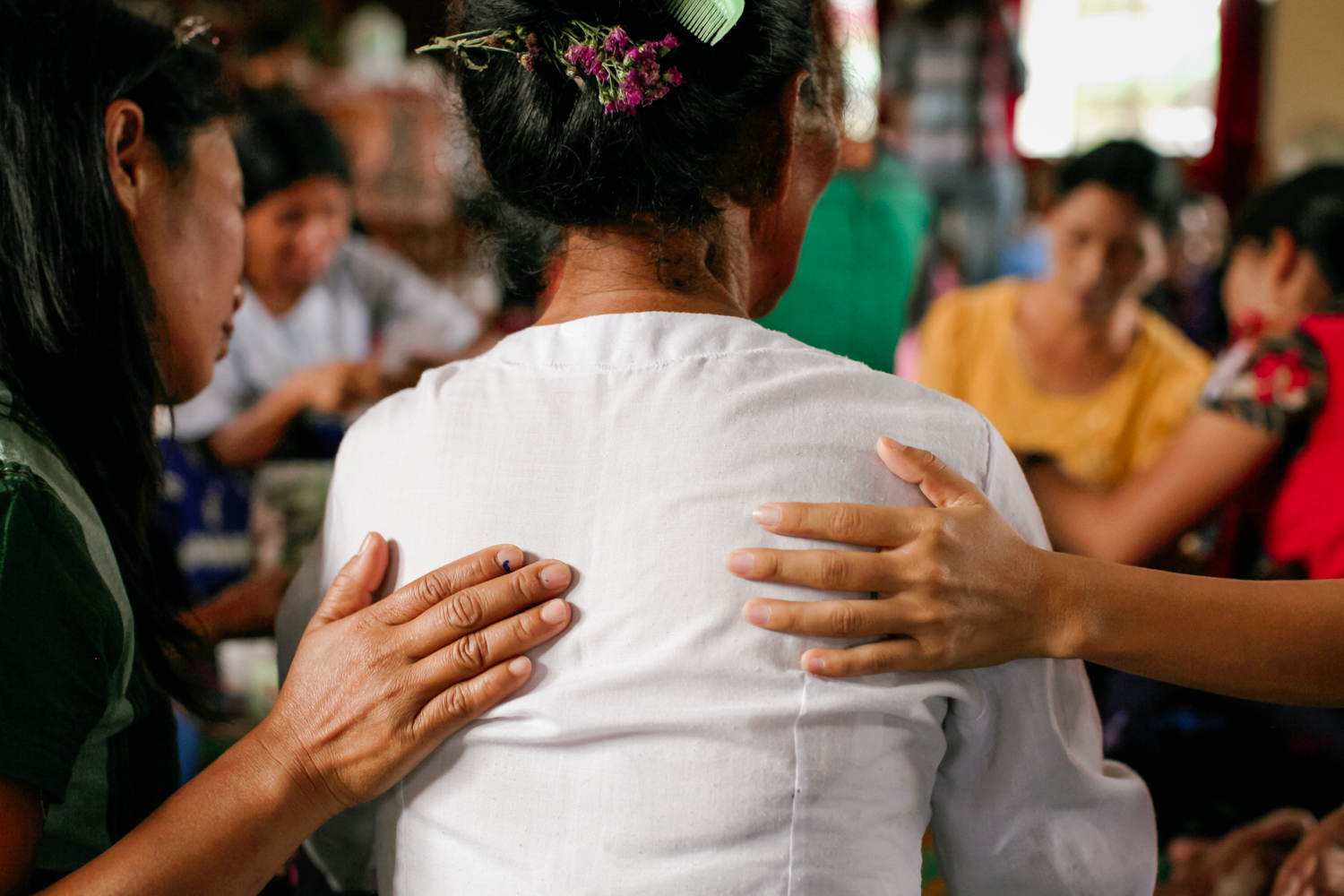
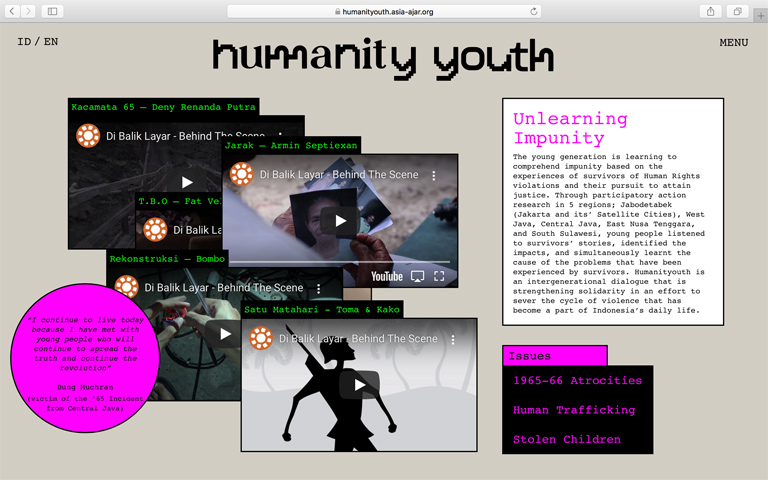
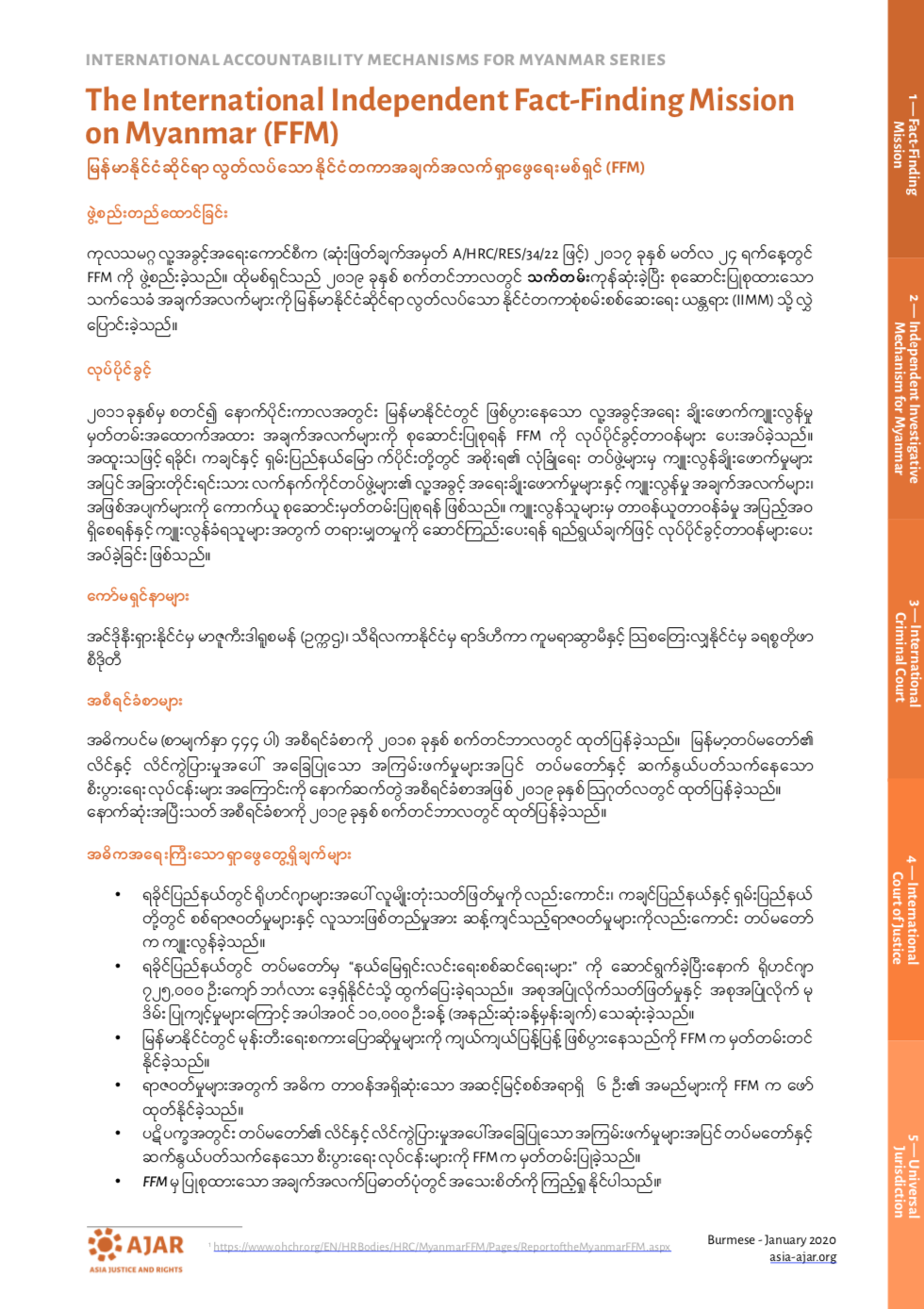
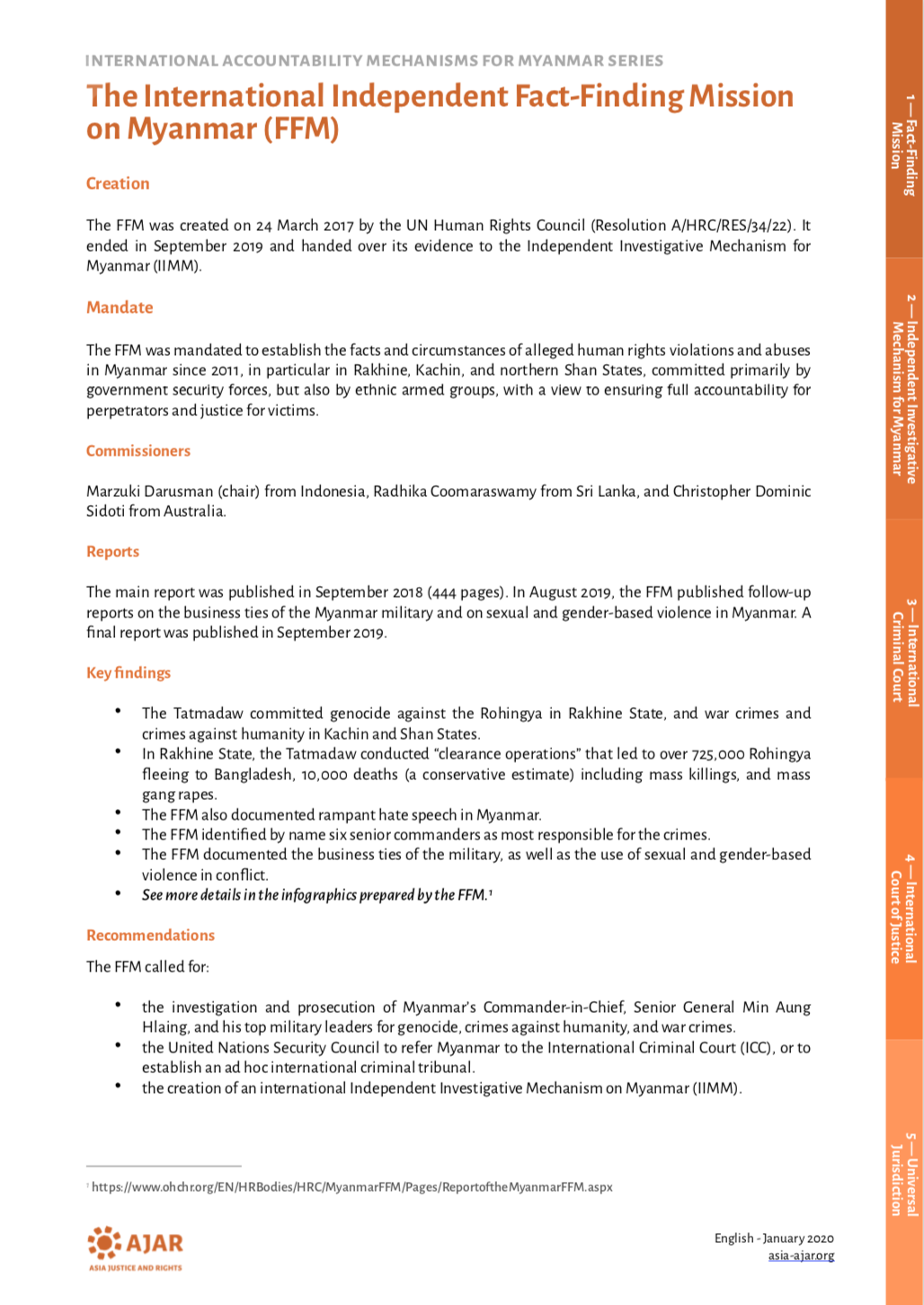
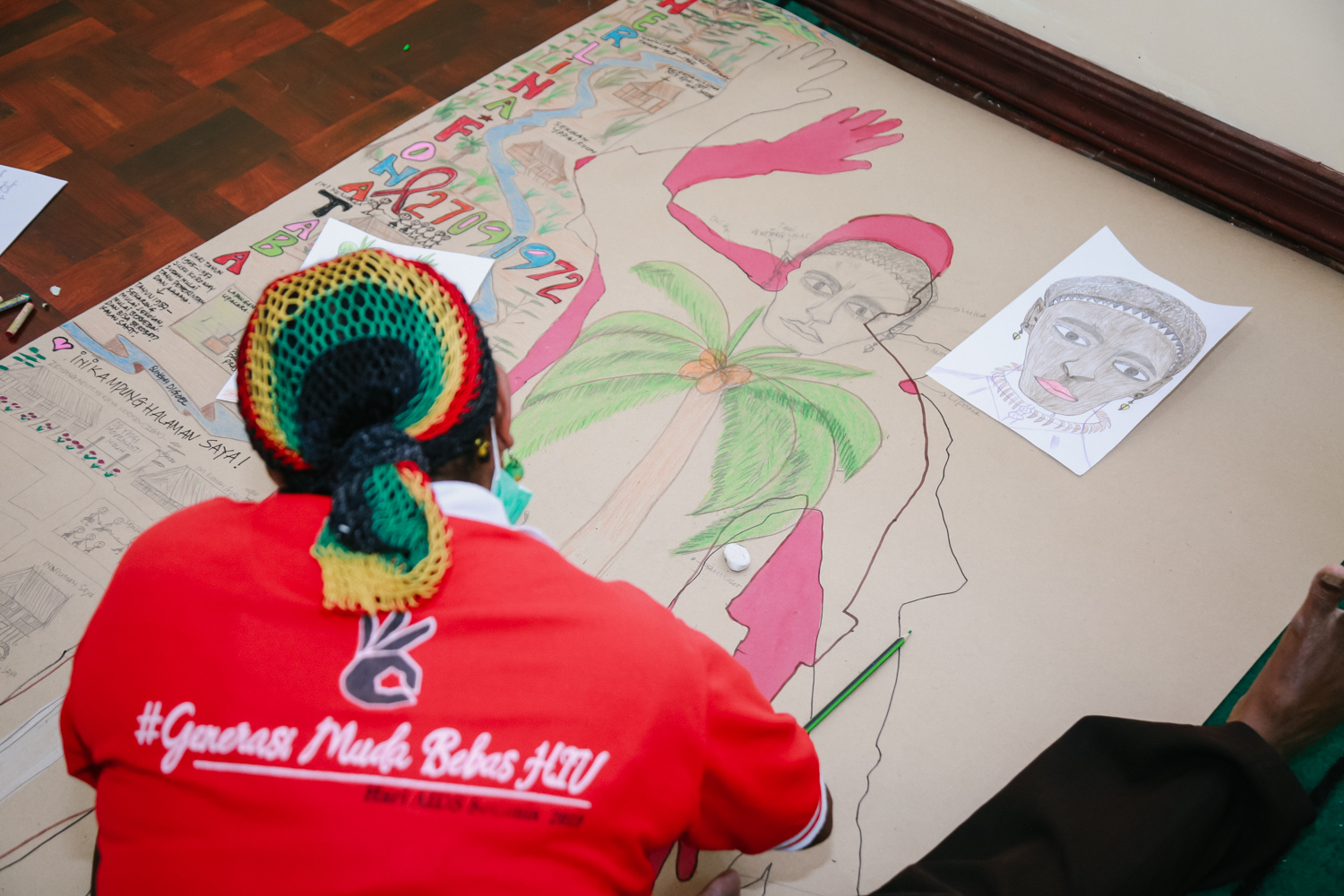
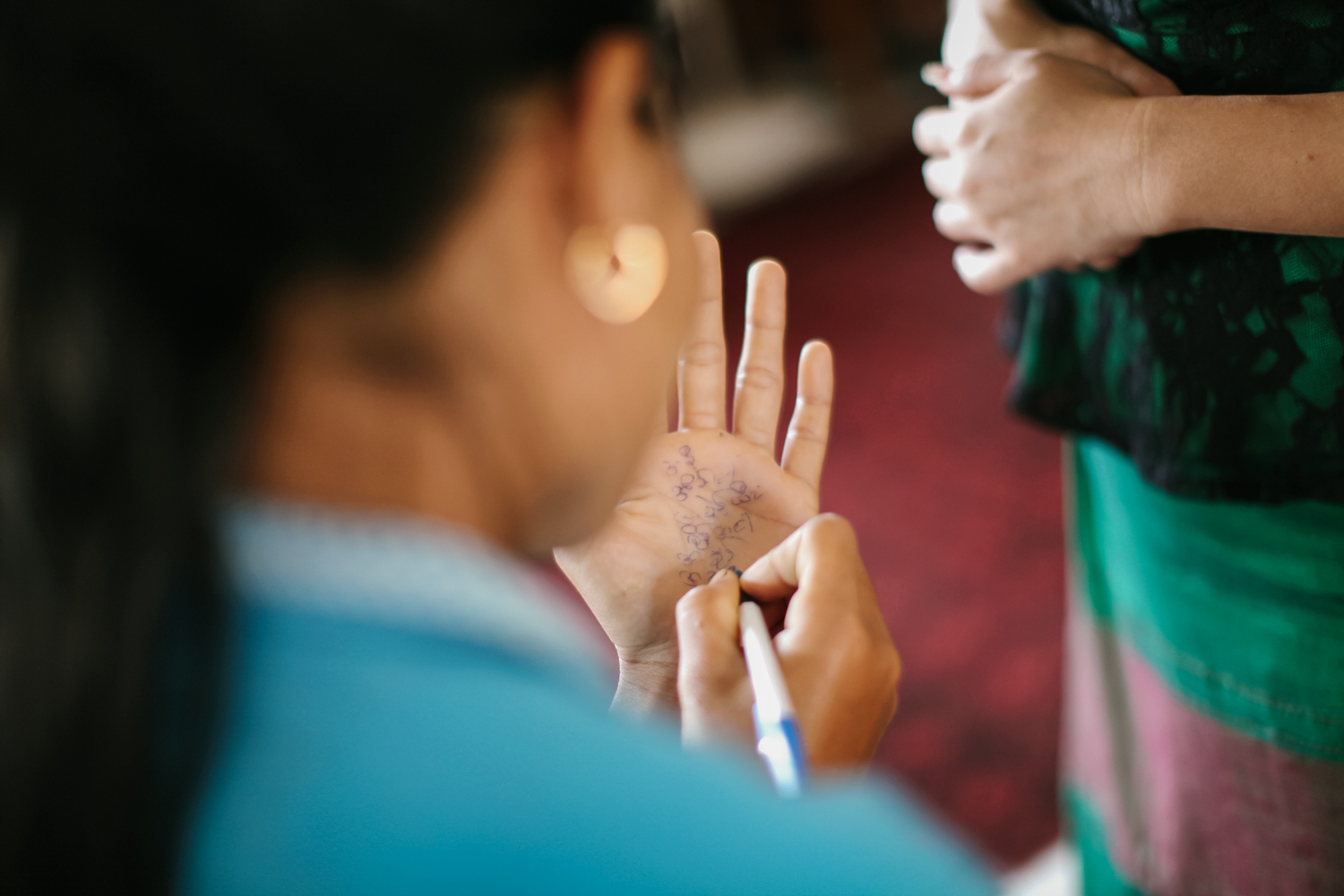
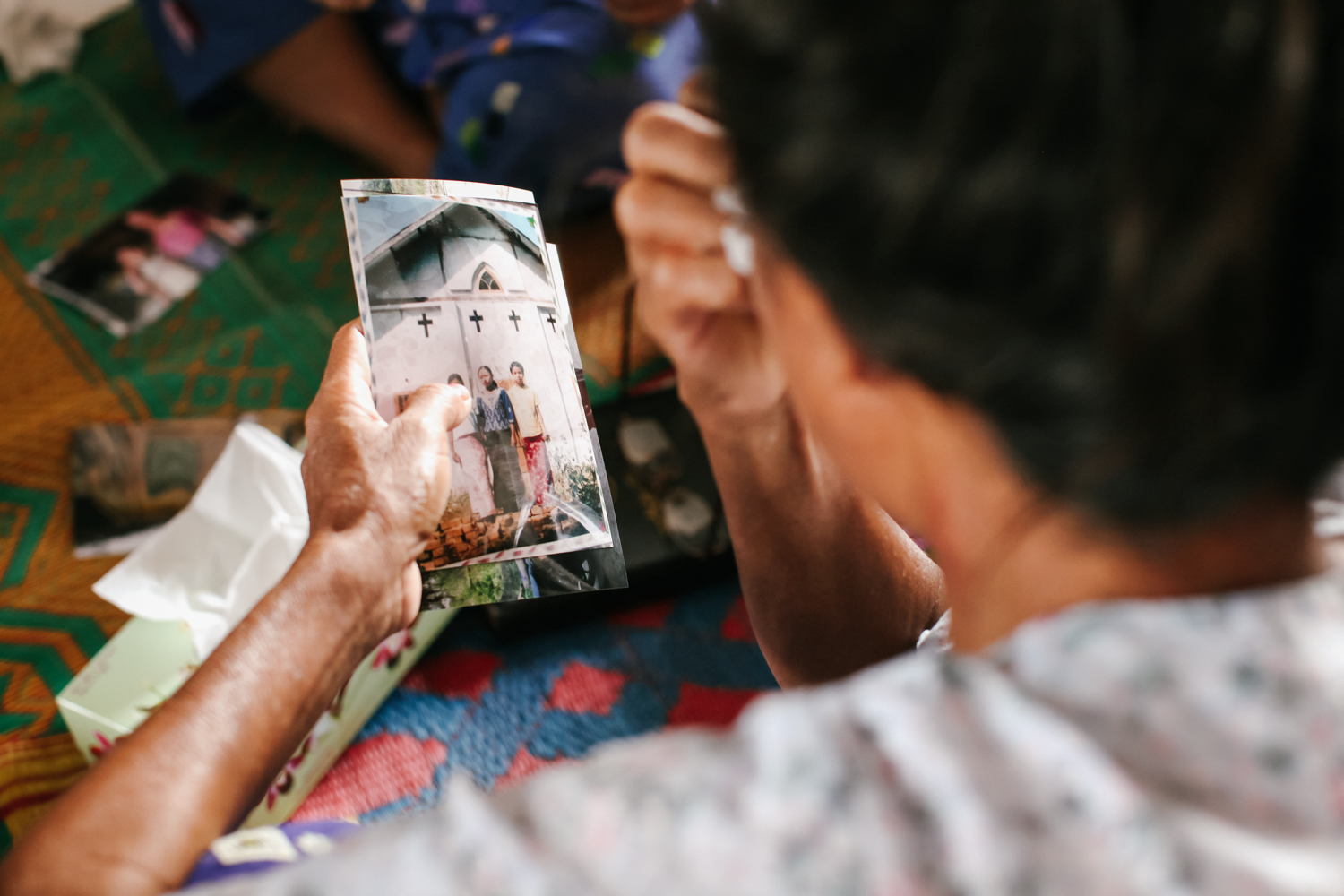
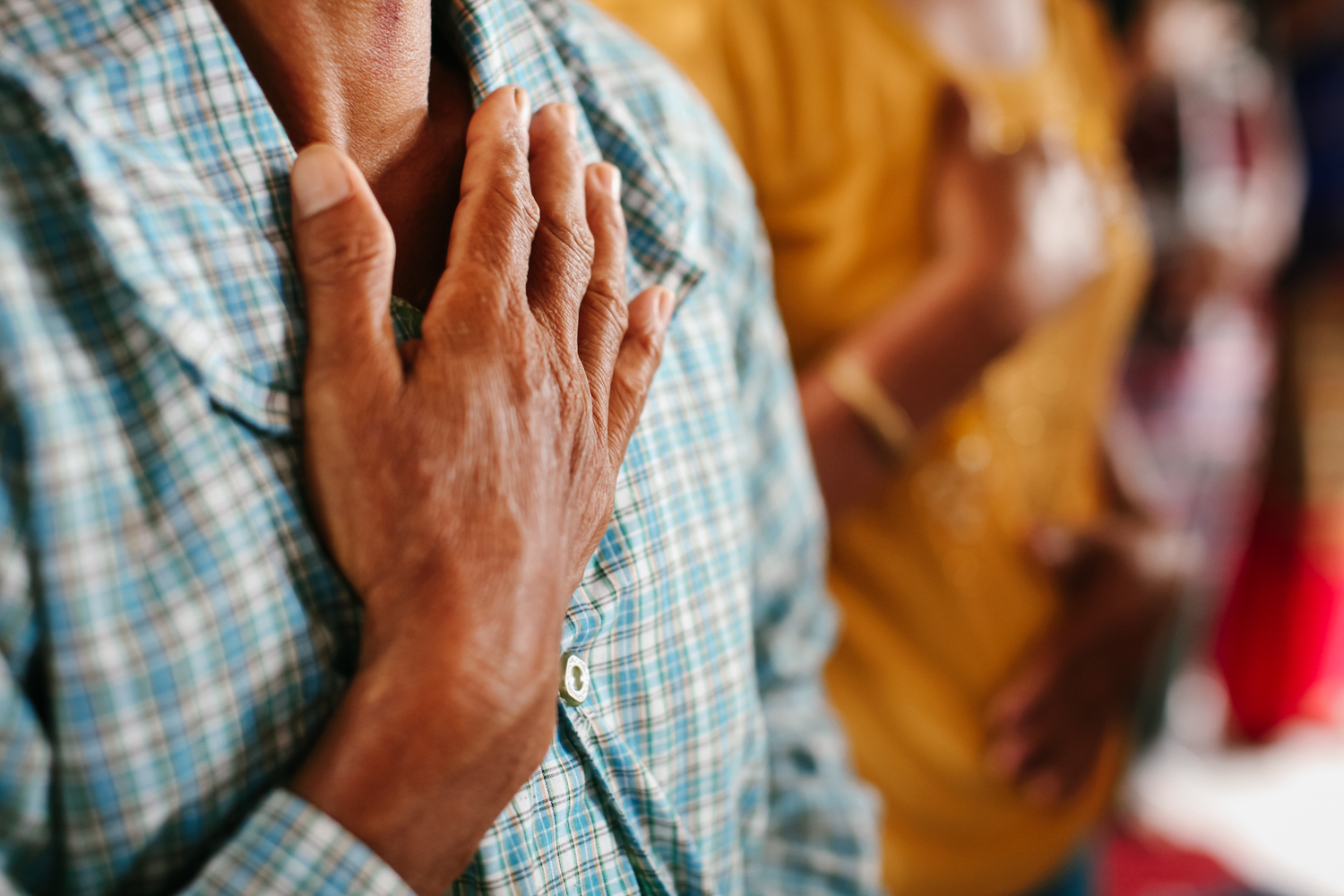
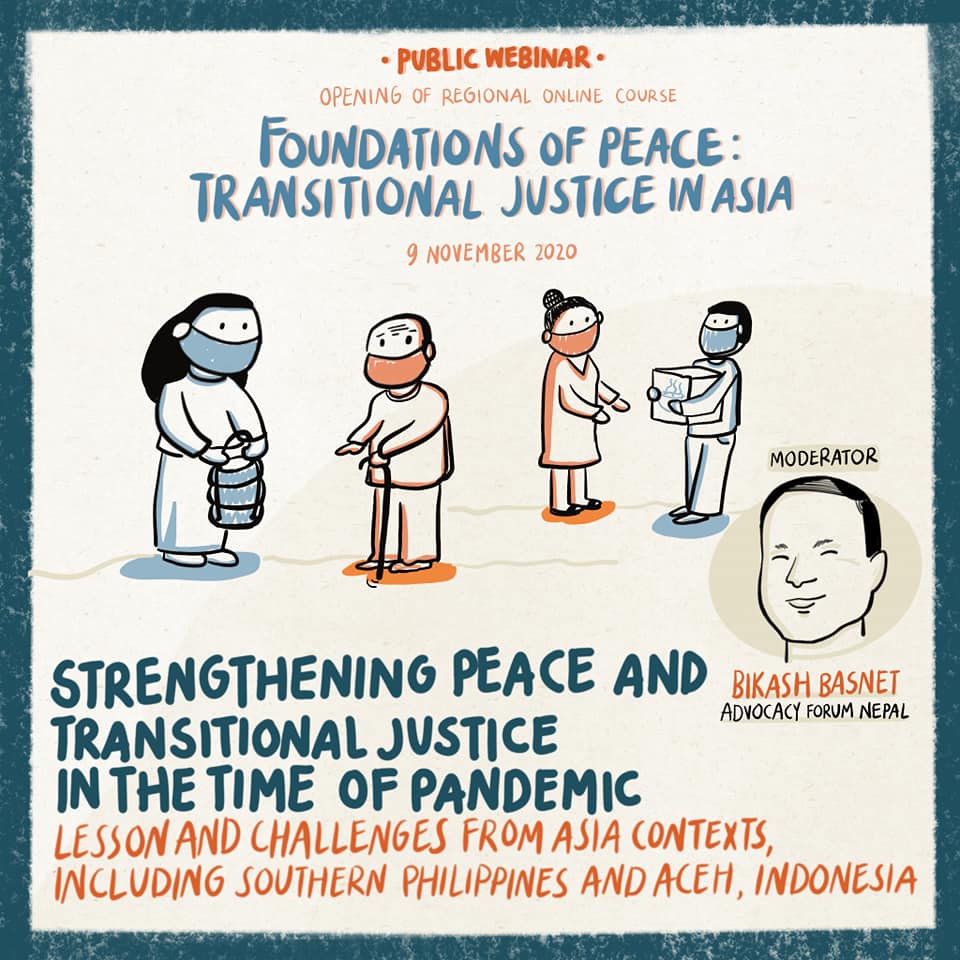
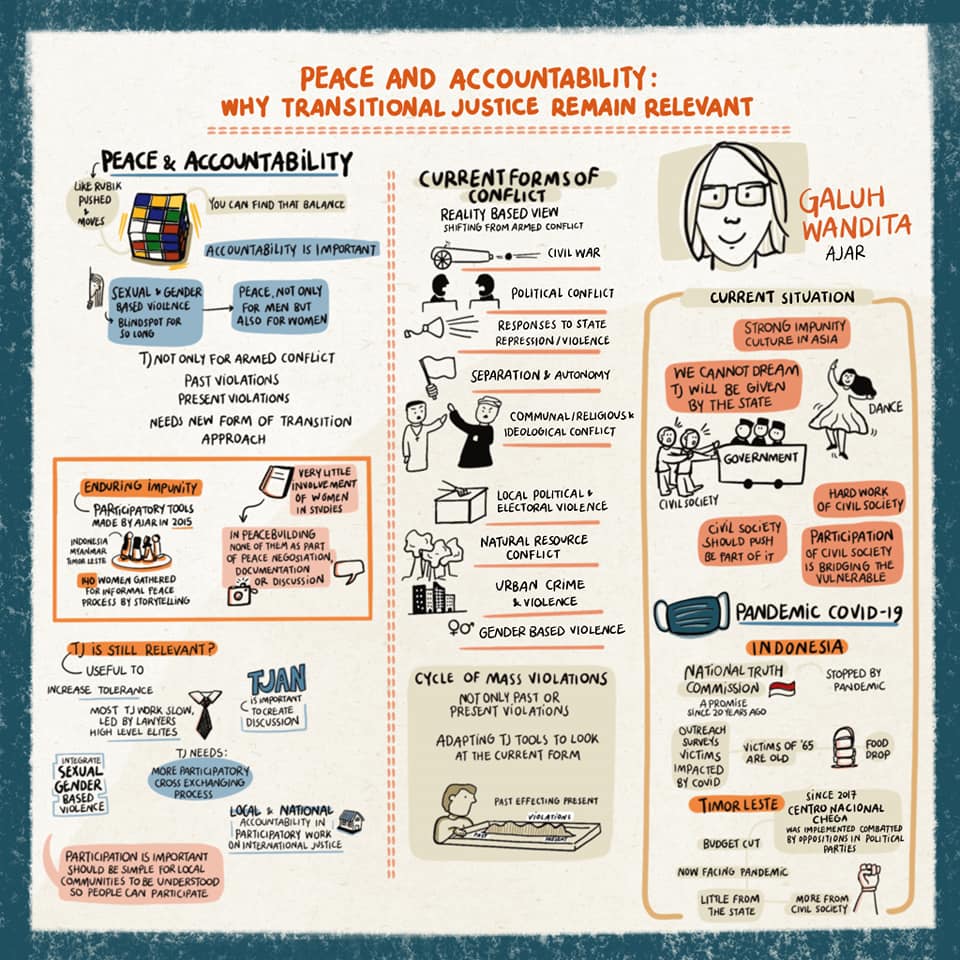
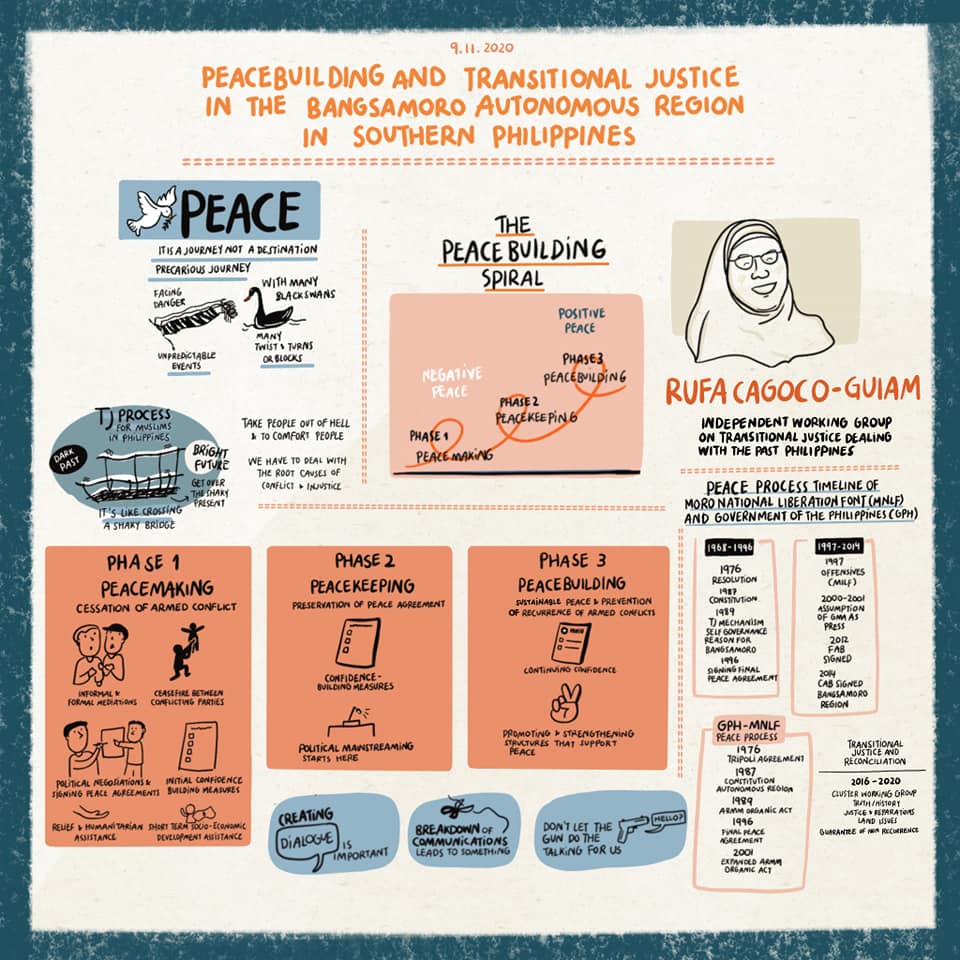
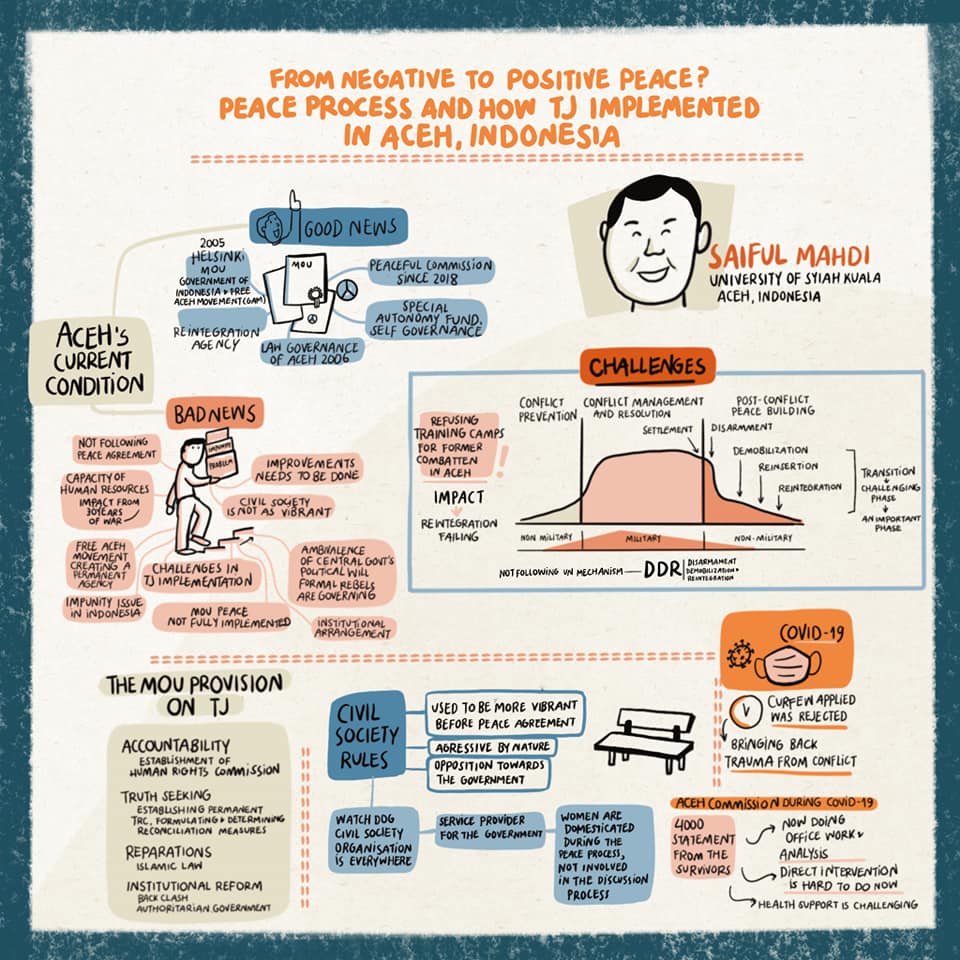

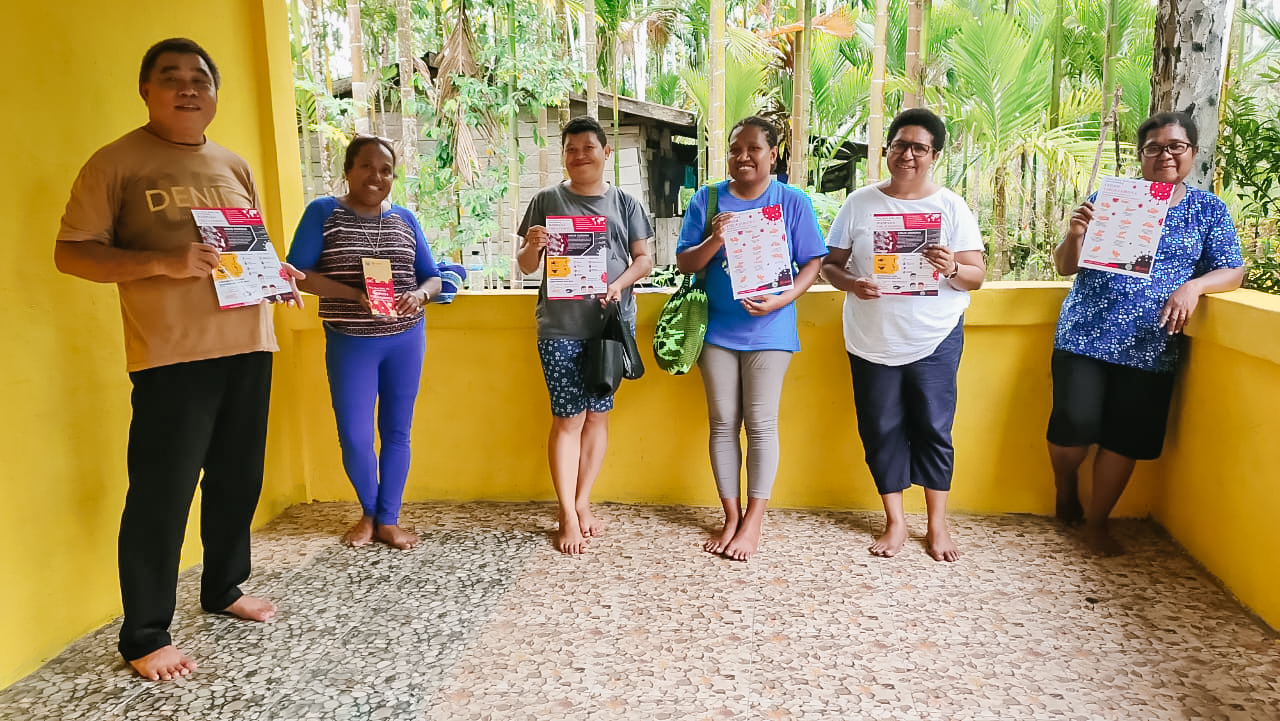
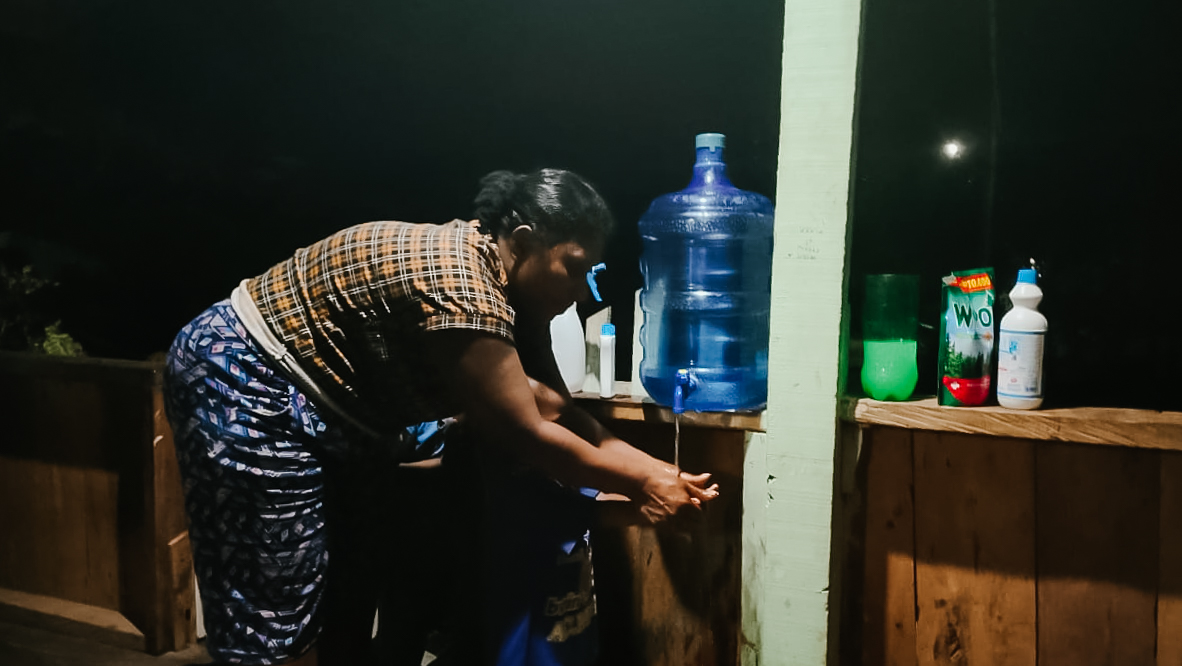
![[ #CERITAKAMI ] MEMPERKUAT SOLIDARITAS DI ERA PANDEMI CoVID-19](https://i.ytimg.com/vi/IXJtSVjd1Tc/maxresdefault.jpg)
